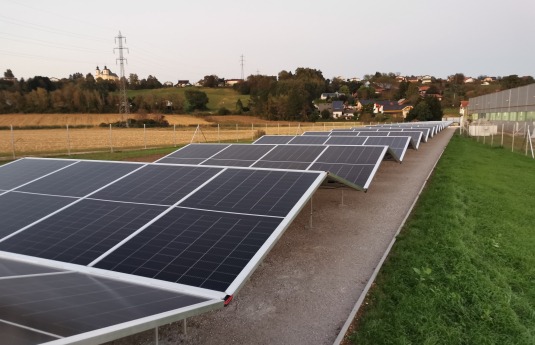Isolated geographically and with limited resources, island regions face unique challenges in achieving sustainable economic development. Whether considering small islands or archipelagos, these areas require specific strategies to promote balanced and sustainable growth. This article explores the essential aspects of sustainable economic development for these regions and proposes effective strategies.
WHAT IS AN ISLAND ECONOMY?
An island economy refers to the economy of an island or a group of islands. These economies are characterized by their small size, geographical isolation, and limited resources. Isolation can restrict economic opportunities and increase dependence on imports. Additionally, the small size of the population and market often limits opportunities for economic diversification.
TWO KEY FACTORS FOR SUSTAINABLE DEVELOPMENT OF ISLAND ECONOMIES
Sustainable Management of Natural Resources
Resource management is crucial on islands due to their limited nature. It is essential to use these resources responsibly to avoid their depletion. Actions include protecting marine and terrestrial ecosystems, managing freshwater reserves, and adopting sustainable agricultural and fishing practices.
Economic Diversification
Diversifying the economy reduces dependence on a few key sectors and strengthens economic resilience. Islands can develop sectors such as sustainable tourism, organic agriculture, renewable energy, and information technology. Creating new industries and encouraging innovation will stimulate economic growth and generate local jobs.
DIMENSIONS OF SUSTAINABLE DEVELOPMENT FROM AN ECONOMIC PERSPECTIVE
Sustainable Economy
A sustainable economy aims for growth that meets current needs without compromising future generations’ needs. For island economies, this involves investing in infrastructure and technologies that reduce ecological footprints. This includes promoting a circular economy, minimizing waste, and reusing resources.
Social Equity
Sustainable economic development must include a social dimension to ensure that the benefits of growth are equitably distributed. This means promoting access to economic opportunities, supporting community initiatives, and strengthening local capacities.
Ecological Resilience
Enhancing ecological resilience means improving ecosystems’ ability to recover from disturbances. For island areas, this involves protecting marine and coastal habitats, restoring coral reefs, and adopting land management practices that minimize erosion and deforestation.
LINK BETWEEN SUSTAINABLE DEVELOPMENT AND ECONOMIC GROWTH
Sustainable development and economic growth are linked. Economic development that ignores environmental and social aspects can cause imbalances and crises. Conversely, sustainable development that integrates ecological and social practices establishes a solid foundation for stable and resilient growth. Island regions must balance immediate economic needs with environmental and social imperatives.
Models of sustainable economic development for island regions require a comprehensive approach that considers local specifics while integrating sustainability principles. By focusing on responsible resource management, economic diversification, and social equity, island economies can overcome their unique challenges and seize new opportunities. The strategies and policies implemented should aim to create resilient and inclusive economies for a prosperous future.
